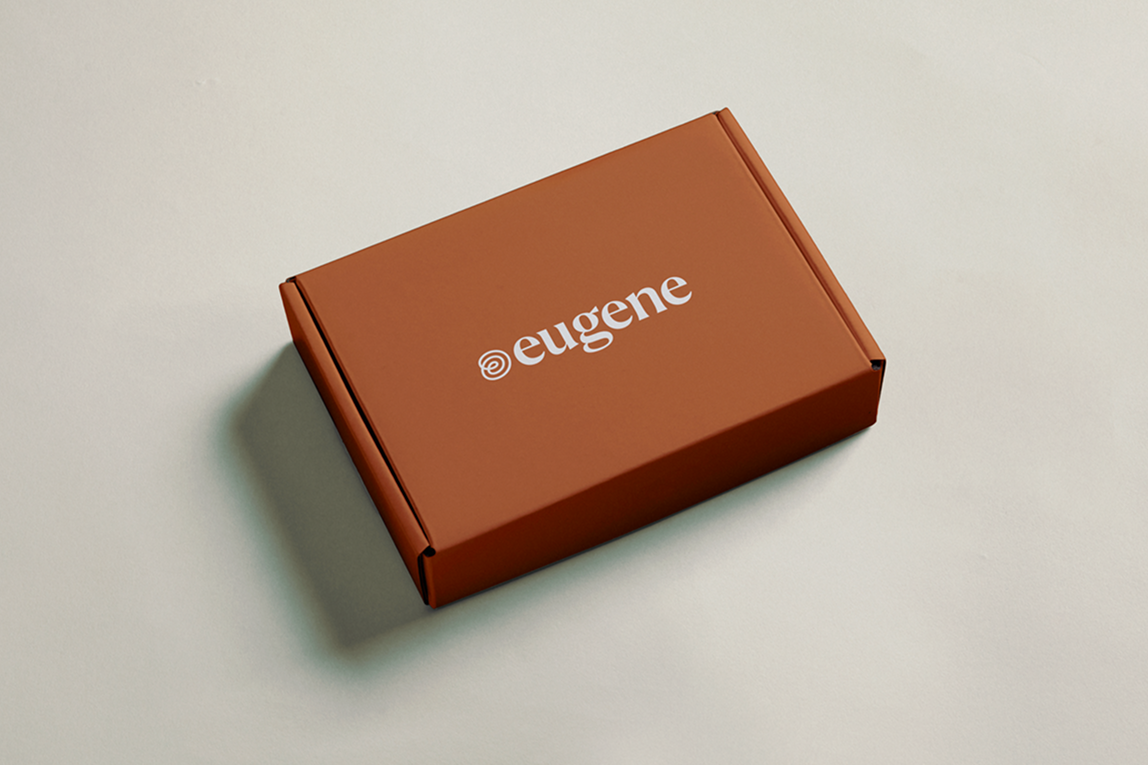What is Pregnancy carrier screening?
Starting a family is a beautiful and exciting time in life. Still, it can also come with many unknowns - for example, how adding to the family will impact your relationships, finances and professional aspirations. It's also important to consider if there are steps or tests you can take to understand how your genetics could impact your pregnancy or the health outcomes for your children.
Genetic carrier screening identifies if you and your reproductive partner have a higher chance of having a baby with a serious inherited condition. This test can be done before or during the first 12 weeks of pregnancy. The earlier you do the test, the better you will understand if there are any important considerations to take as part of your plans.
We’ll shed some light on the different tests available and help you decide whether carrier screening is something you would like to consider as part of your pregnancy plans.
First, a little bit of biology 101 for context
Genes are like genetic recipes influencing everything from physical characteristics to how your body grows and functions. Did you know that all humans are 99.7% the same (their DNA, that is) and that all healthy individuals carry thousands of genetic variations in their DNA, and in most cases, these have no impact on your health? However, we also know where those changes occur, and what those changes do can impact how our bodies interpret the recipes.
All healthy individuals carry between 2-5 recessive variations in their genes. With each gene we have in our DNA, we usually have 2 copies - one inherited from our mother and one from our father. Carriers of recessive variations have one copy that functions in the way we expect and one that doesn’t function in the way we expect and could cause a genetic condition. Fortunately, in most cases, carriers are completely healthy because the presence of the first normal copy protects them.
Genetic carrier screening helps identify individuals or couples who are at increased risk of having a child impacted by an inherited genetic condition. It does this by testing you and your reproductive partner's genes for the variants that are known to cause certain genetic conditions. Thousands of different inherited genetic conditions can affect our health, but most of them are rare. Genetic carrier screening tests for some of the more common inherited genetic disorders that have a significant impact on a child's health and development, including thalassemia, cystic fibrosis, spinal muscular atrophy, and fragile X syndrome.
Reproductive genetic carrier screening differs from routine pregnancy screenings like NIPS, NIPT, or newborn screenings. These test the baby's DNA, while genetic carrier screening tests the parents' genetics. The test can be performed via a saliva or blood sample. Eugene provides access to 3 different levels of genetic carrier screening tests, including a 3-gene core carrier screen, a couples carrier screen that includes +620 conditions, and a comprehensive carrier screen that tests for more than 780.
Comparing panels - which test is Best for You?
The traditional 3-gene screening panel is a test recommended before or in the early stages of pregnancy. It checks to see if you have a higher chance of passing on 3 of the most common genetic diseases that affect children in Australia. This test has been available since 2012 and includes screening for three conditions:
- CFTR — Cystic Fibrosis (CF)
- SMN1 — Spinal Muscular Atrophy (SMA)
- FMR1 — FragileX Syndrome
Research shows that 1 in 20 Caucasian women will be a carrier of at least one of these conditions, and 1200 couples will be at increased risk of having a child affected by one of these conditions.
Our newest comprehensive carrier screening panels can check for over +780 genetic conditions. The larger the panel, the more likely you will be identified as a healthy carrier. For example, when screening with our couples carrier screening, we have found that approximately 70% of people find out they are a healthy carrier of at least 1 condition. Additionally, 1 in 40 couples find out they have an increased risk of having an affected child. These larger panels include conditions that are relevant to risks faced by all of us. While many of the conditions are rare - when we add them all together, there is a far greater chance of having a child with an inherited genetic condition than with Down Syndrome.
Common conditions screened for in this test are Smith-Lemli-Opitz syndrome, muscular dystrophies, Tay-Sachs disease, Ehlers-Danlos syndrome, and thalassaemia, as well as the 3 core conditions (cystic fibrosis, spinal muscular atrophy and fragile X).
It is known that 90% of children born with a genetic condition do not have a family history, so it's best not to assume you are in the clear just because you've never heard of it! If you do have a specific person or family history of a genetic condition, it is important to discuss this with a genetic counsellor or your healthcare provider, as this may influence which panel will provide you with the most accurate risk assessment.
International trends suggest that a more comprehensive screening approach is ideal for individuals of all ethnic backgrounds like Asian, Indian, Caribbean, Greek, South East Asian, First Nations or Ashkenazi Jewish ancestry, where a broader range of conditions are screened for. Eugene’s Couples and Comprehensive Carrier Screening takes into account the ethnic and racial diversity of the Australian community.
The couples carrier screening has some benefits over the Core(3-gene) screening, such as identifying a broader range of potential risks. However, it may also come with some challenges, Couples Carrier Screening is ideal for nuclear couples planning a pregnancy who are eligible for Medicare & want to get a basic understanding of their combined risk of having a baby with a serious genetic condition.
It's our second largest panel, not the most comprehensive, and it isn't right for everyone. If you are interested in knowing your individual carrier status, are doing the test solo, using a donor, aren't eligible for Medicare, have Ashkenazi Jewish ancestry, or simply want to do everything you can to understand your risk of passing a genetic disease to your child, Comprehensive Carrier Screening might be a better option for you. This is a more thorough test that identifies ~80% of individuals as carriers and ~1 in 35 couples as having a high risk result.
Comprehensive Carrier Screening is our most comprehensive and inclusive test for individuals and couples who want to get a thorough understanding of their risk of having a child with a serious genetic condition. It's the best option for those who are interested in knowing their individual carrier status, are doing the test solo, using a donor, aren't eligible for Medicare, have Ashkenazi Jewish ancestry, or simply want to do everything they can to understand their risk of passing a genetic disease to their child.
At the end of the day, choosing which type of carrier screening to go with depends on your needs and preferences. If you would like to discuss the purpose of testing, likely outcomes and implications of any option with a genetic counsellor to make an informed decision that feels right for you and your family, you can book a time to speak to a Genetic Counsellor here.
Important considerations for any test
1. Timing
This test is ideal for women before or within their first 12 weeks of pregnancy who want to get a basic understanding of their chances of having a child with a serious genetic condition.
For more comprehensive coverage of your risk, our couples and comprehensive carrier screening options covers up to 780+ conditions.
2. Costs
When it comes to reproductive genetic testing, the cost of a Core (3 gene) carrier screening panel vs Couples/Comprehensive carrier screening does differ.
3 gene tests are usually more affordable and are used to screen for three specific inherited conditions. Couples & Comprehensive carrier screening, conversely, can be more expensive but detect a larger number of genetic conditions which will provide more information for a larger percentage of families.
The decision of which type of test to use depends on your budget and the information you want and need. It is important to understand the cost considerations associated with each type to make an informed decision about which is best for you. Remember, a test is better than no test at all.
3. Impact
Choosing to pursue any form of genetic test is always your choice. Eugene’s genetic counsellors can help you to understand your options and how the results may impact your pregnancy plans. You can book a free consult here to speak to a certified Genetic Counsellor.





